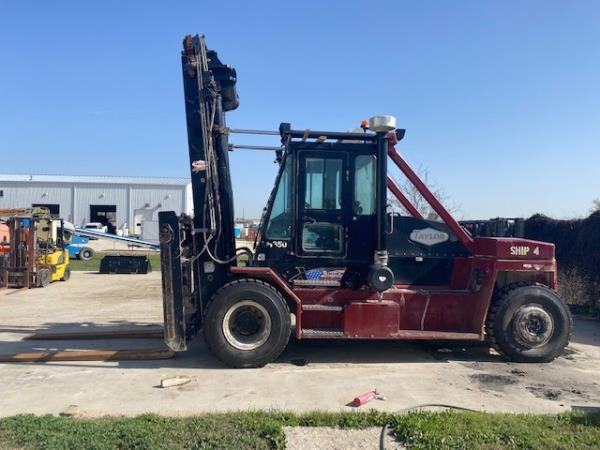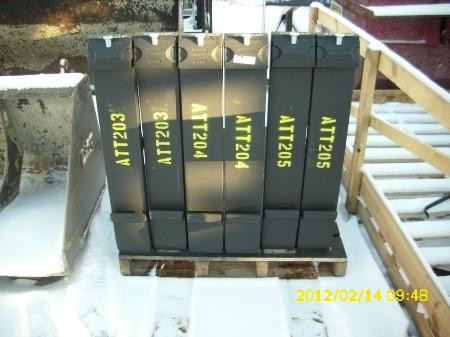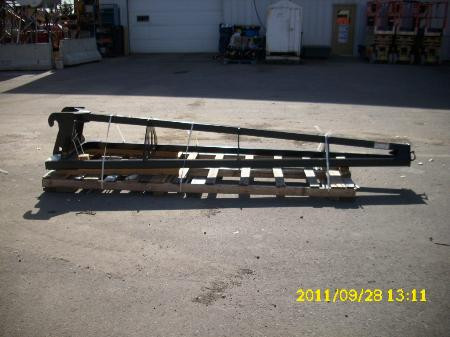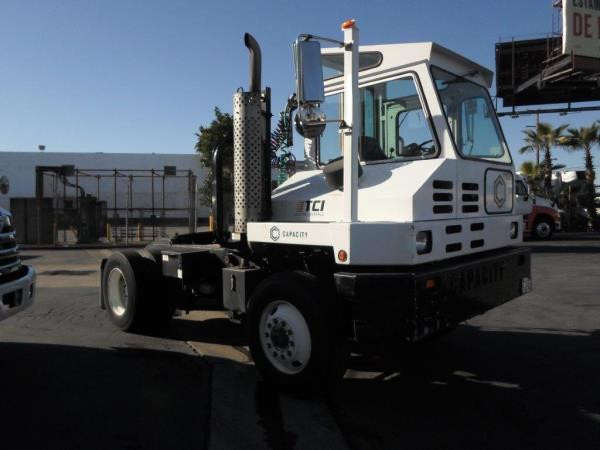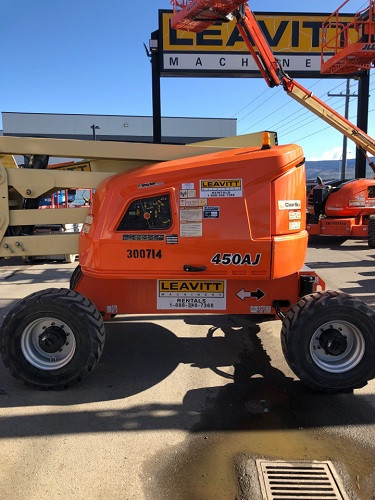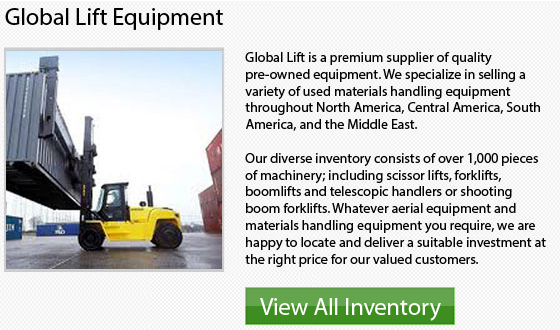
Nissan Diesel Forklift Provo
Regardless if you are thinking of expanding your business fleet of lift trucks or if you are just starting with your very first lift truck, the number of choices that go into selecting a second-hand or brand new forklift could really be overwhelming. There is such a wide range of choices such as electric units, IC or internal combustion engines or the latest hybrid lifts. Making time to know all your requirements and get what you would like out of your machinery so as to facilitate unloading and loading applications for your dock or warehouse is really crucial.
The upfront expenses are of course a key consideration when making a big purchase. The long term operating expenses of the lift truck also has to be considered. For instance, bear in mind that your biggest expense in this specific category is going to be the fueling costs connected with running your lift truck.
Amongst the existing IC lift trucks available on the market these days, the diesel unit tends to provide some of the cheapest fuel and operating expenses. These types of forklifts can out-lift and out-power your average electric lift truck with no trouble.
There are many advantages and disadvantages associated with diesel forklifts just as there are with all lift truck models. The following is a brief guide for buying diesel lift truck models in order to help determine the model best for your requirements and help you cut through the confusion. If you know about the possible pitfalls, you will be prepared to make an educated purchase.
More than likely the largest advantage enjoyed with diesel forklifts is their low operating cost. Usually, diesel is the cheapest fuel alternative for internal combustion lifts. Even if electric lifts are less expensive in the long run, they don't necessarily work the best outdoors.
While diesel forklifts are great for outdoor applications, they are however not used correctly indoors. The emissions from a diesel model can be vary dangerous if not ventilated correctly in an indoor warehouse. Moreover, diesel forklifts are a lot louder compared to their emission-free electric counterparts.
- Doosan Big Forklifts Provo
Size Forklifts can raise extremely heavy objects because they have a counterweight on the back of the forklift. The huge counterweight gives balance to the lift truck so the equipment doesn't tip over when carrying... More - Kalmar IC Forklifts Provo
On construction sites and business sites, the lift truck is amongst the most commonly used and effective machines. This machine is fairly capable of lifting heavy loads and moving goods easily, quickly and efficiently. There... More - Taylor Lifts Provo
It doesn't matter what type of business in particular you have, if there are equipment or components which need to be moved, it is definitely necessary to have a lift truck. Whenever you are in... More - Taylor High Capacity Forklifts Provo
Taylor Machine Work's T-Series forklift truck is capable of meeting the difficulties of the rough day to day material handling operations. The rigid chassis construction, matched power trains, operator safety and convenience, highest quality components... More - Hyundai Order Picker Forklift Provo
An order picker or stock picker machinery is really similar to a typical forklift. It has hydraulic blades able to pick up a pallet. Order pickers could also lift the operator up to high places,... More


